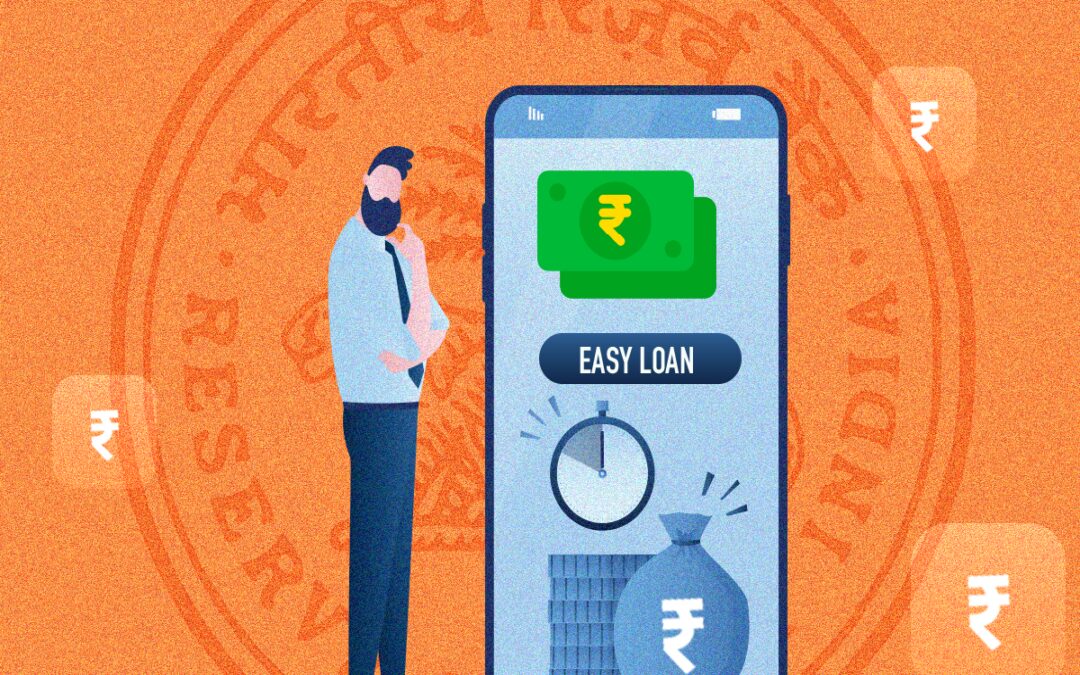The Reserve Bank of India’s recent increase in risk weights of banks and non-banking finance companies would not only impact borrowers with an increase in loan costs, they will have to be prudent in repayments too.
The RBI’s move mandates lenders to set aside higher capital for unsecured lending, potentially influencing the pricing of unsecured loans.
As a consequence, the availability of unsecured loans may shrink, and lending norms for these segments could become more stringent.
In light of these changes, financial experts advise consumers to exercise prudence in their borrowing habits. Suggestions include borrowing only within one’s comfortable repayment capacity, with caution against exceeding 25-30 per cent of the overall credit limit on credit cards.
Additionally, borrowers are urged to conduct thorough research before applying for loans in the current environment. Given the potential for stricter lending norms, understanding the credit profile and researching lenders that align with one’s creditworthiness becomes crucial. Indiscriminate applications could lead to multiple rejections, negatively impacting the borrower’s credit score.
The changes
To navigate these changes, borrowers with stable incomes, credit scores of 750 or above, and a history of timely payments are likely to have an easier time securing loans. For those with less favourable credit profiles, working on improving creditworthiness through timely payments and, if necessary, offering collateral is recommended.
As the financial landscape evolves, borrowers should stay informed about changes in interest rates, processing fees, and loan tenure. Additionally, exploring options to secure loans from existing lenders or seeking preferential interest rates from those with established financial relationships may prove beneficial in the current lending landscape.
The RBI move
In a recent circular dated November 16, 2023, the Reserve Bank of India (RBI) has taken significant steps to enhance the stability of the financial sector. Notably, the regulator has increased the risk weights on consumer credit exposure for both commercial banks and non-banking financial companies (NBFCs) from 100 per cent to 125 per cent, affecting both existing and new credit.
Specifically addressing credit card receivables, the risk weights for scheduled commercial banks have been raised from 125 per cent to 150 per cent, while for NBFCs, the increase is from 100 per cent to 125 per cent. The RBI’s directive also includes the imposition of limits on consumer credit and its various sub-segments.











